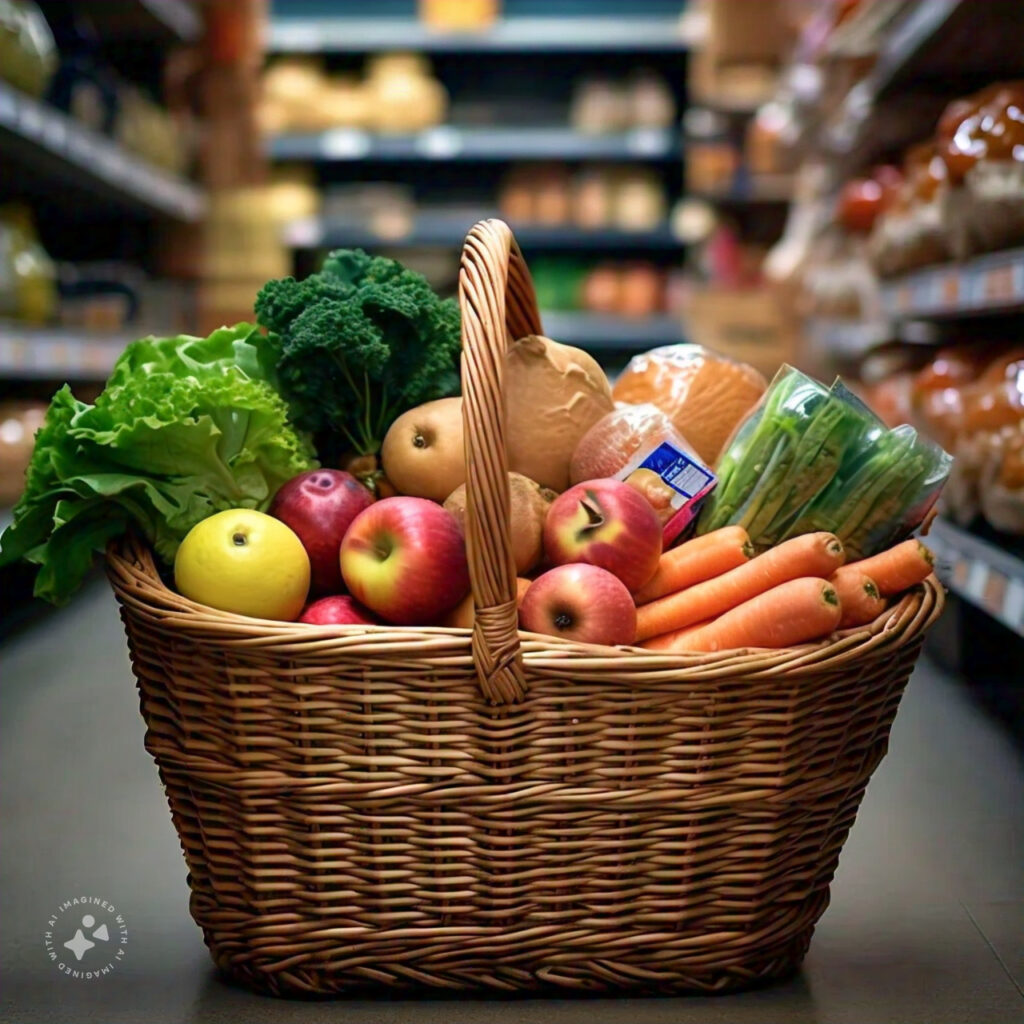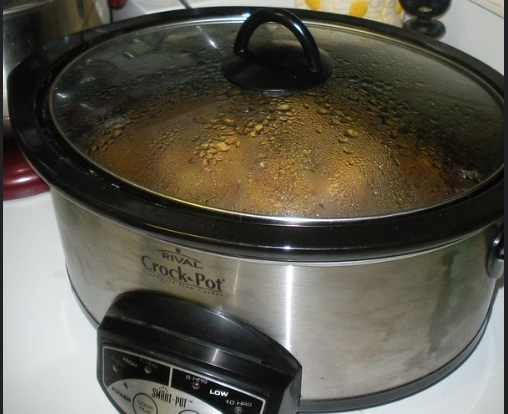With economies in the gutter around the world, many people are re-evaluating their daily spending habits. Even if you do not want to become an extreme coupon enthusiast, there are ways you could come home from the store with a bit more cash in your pockets. Food and grocery bills are one of the places where people often end up spending more than they have to.
Many people simply consider food a necessity and put very little effort into budgeting or planning for spending at the grocery store. You must eat, you know what you like, you know what’s “gourmet” and what is not, so why budget? However, the grocery aisles are one of the best places to cut your overall spending, and once you start saving money on food, you will never want to go back to your former shopping habits.
Cutting costs while grocery shopping doesn’t need to be a headache. Instead, use these 7 simple and effective tips for spending less money at the store.
7 Big Grocery Shopping Tips
- Eat before shopping. Many people spend way more money than they had planned on during trips to the grocery store. If you are hungry during your trip to the store, it is likely that everything will look delicious to you. If everything looks tasty, you will probably buy much more than you will actually use. For example, extraneous food items like potato chips and tubs of ice cream are not just unhealthy, but you are likely to crave them when you are ravenous. Stores make sure to line up all of these foods along the side aisles to catch the hungry shopper’s attention. If you are full already, you will be able to resist these money-sucking temptations.
- Pre-plan your meals. By planning your weekly menu in advance, you can cut unnecessary expenses and know exactly what you want and need for the grocery trip. Once you know what you will be cooking and eating for the week, you can make a list. Taking the list with you and sticking with it will not only save you money on unnecessary items, but will also save you time and gas as you are less likely to need extra trips to the grocery store because you forgot any items.
- Buy groceries only. It may sound like odd advice, but many people end up buying extras at the grocery store. Stores sell more than just food. They also stock greeting cards, makeup, toiletries, shampoo, medicines, games, and other non-food extras. It is often much cheaper to buy your extras at other places, like drugstores, where they are usually less expensive than at grocery stores. If you need something in an emergency, it is convenient to get it in the same trip as you buy your groceries, but if you don’t need to buy it “right this second,” you should plan a trip to a store that specializes more in that extra item and sells it for less money.
- Look for deals. Often Sale papers will advertise the specials of the week at the various grocery stores. These days you can even find the sales on the internet and get your coupons pre-loaded onto your shoppers advantage card. You can compare costs before even going to the store, and avoid buying overpriced and out of season fruits and vegetables.
- Ask the produce or meat manager if they are having any up and coming specials on your favorite produce or meat. If grapes will be 5 dollars for the next 3 weeks, you may want to wait for the sale. On the other hand, if you see your favorite steak for a good price, buy extra when it is cheap, and store the extra meat in your freezer.
- Compare food prices by the ounce. It is often difficult to know which item is cheaper if the containers are different sizes unless you calculate the cost per ounce. Years ago, the larger containers were almost always cheaper per ounce. These days that isn’t always true. Sometimes the middle size container is cheaper per ounce. Check to be sure.
- It helps to know what’s in season or not at the time you are going to the store avoid out of season fruits and vegetables as much as possible because they will cost two or three times as much.
Saving money at the grocery store can be easy once you get in the swing of things. If you start saving money on your groceries, you will have way more extra cash flow that you can spend on other, more exciting things.
Image courtesy of Meta AI





